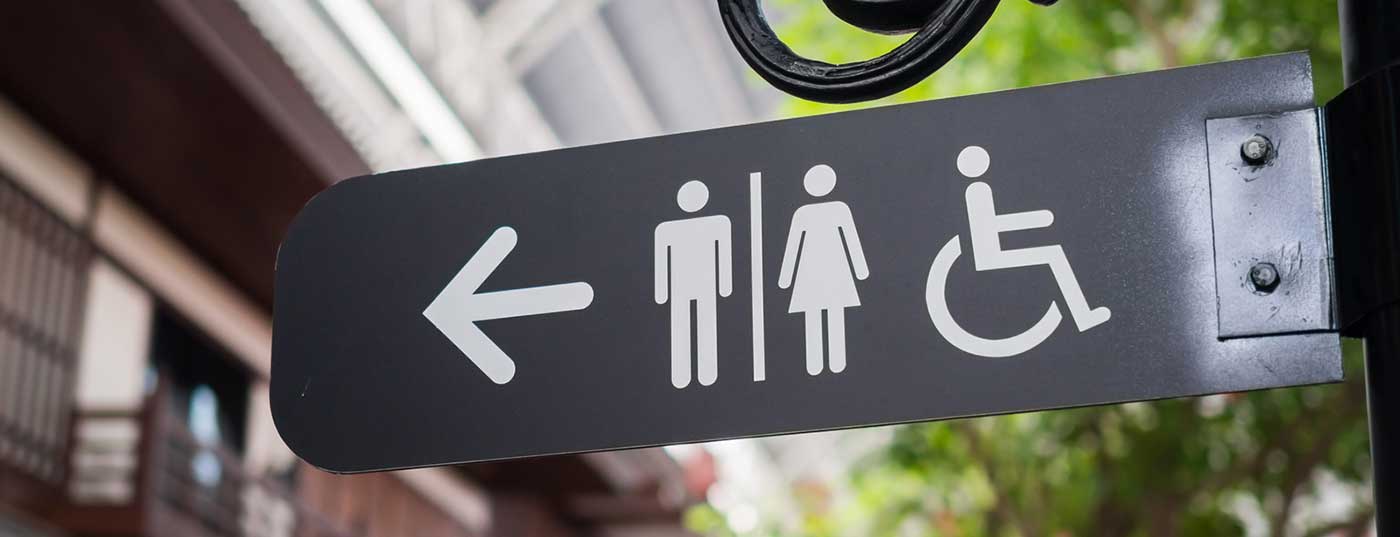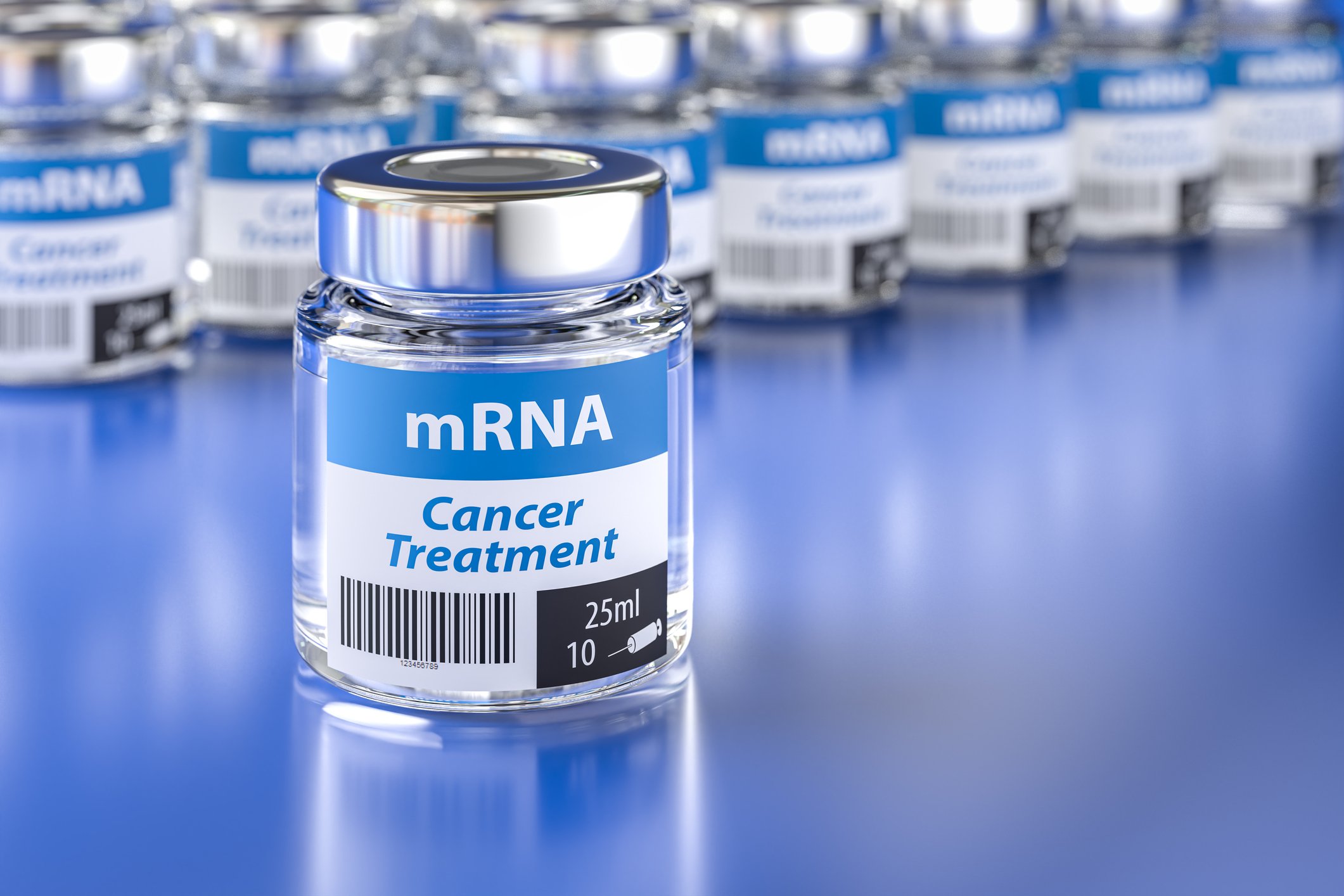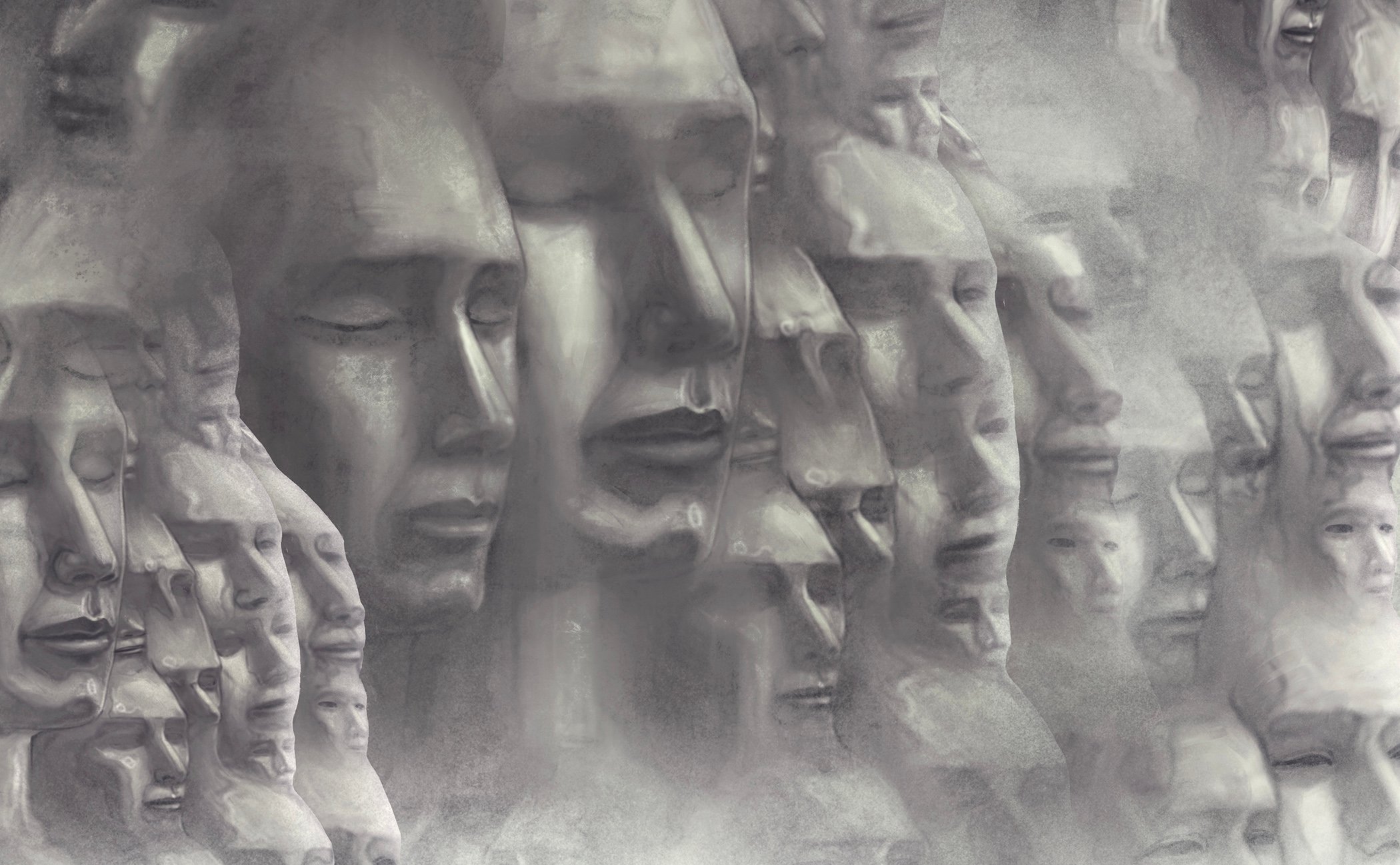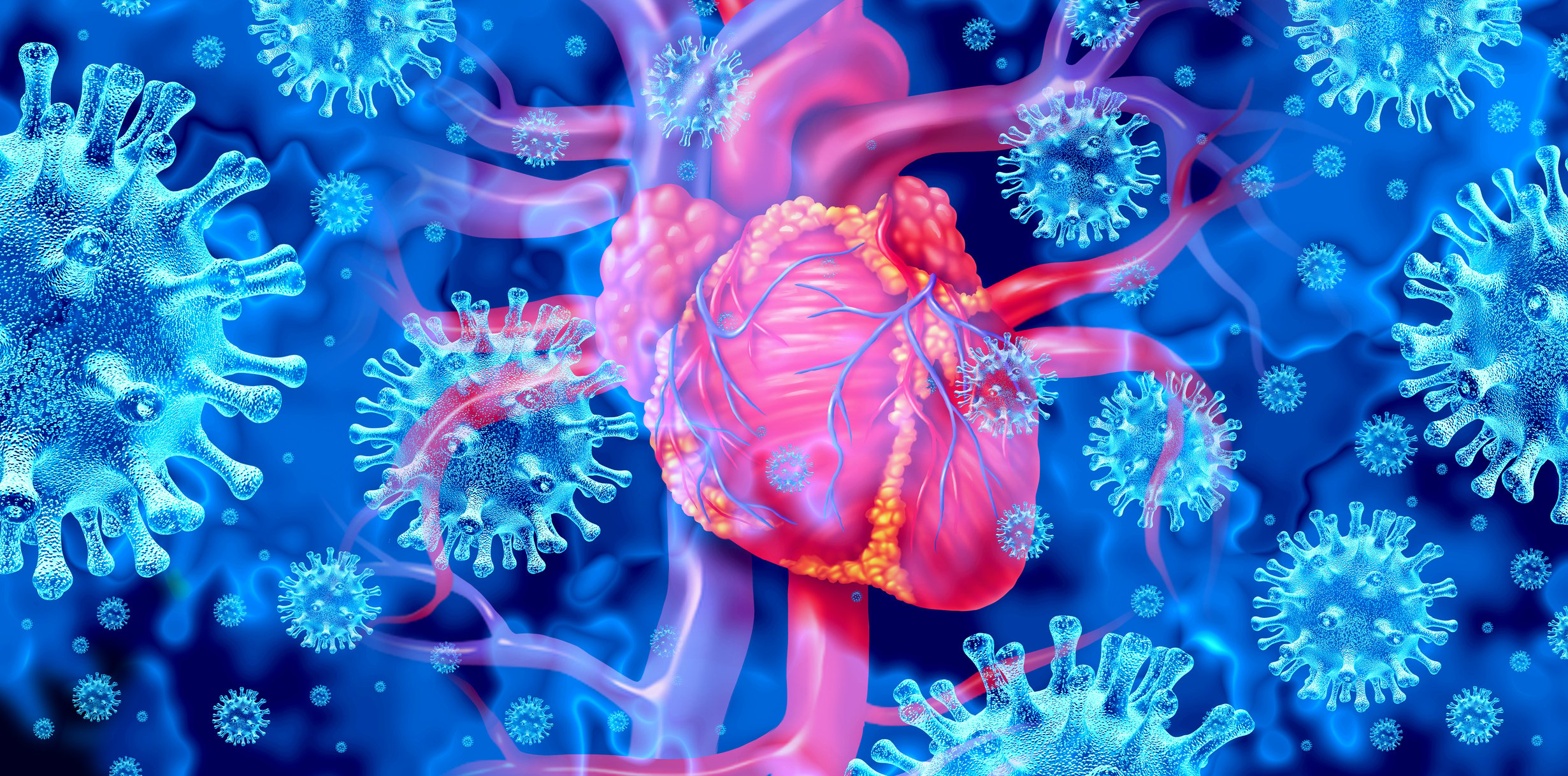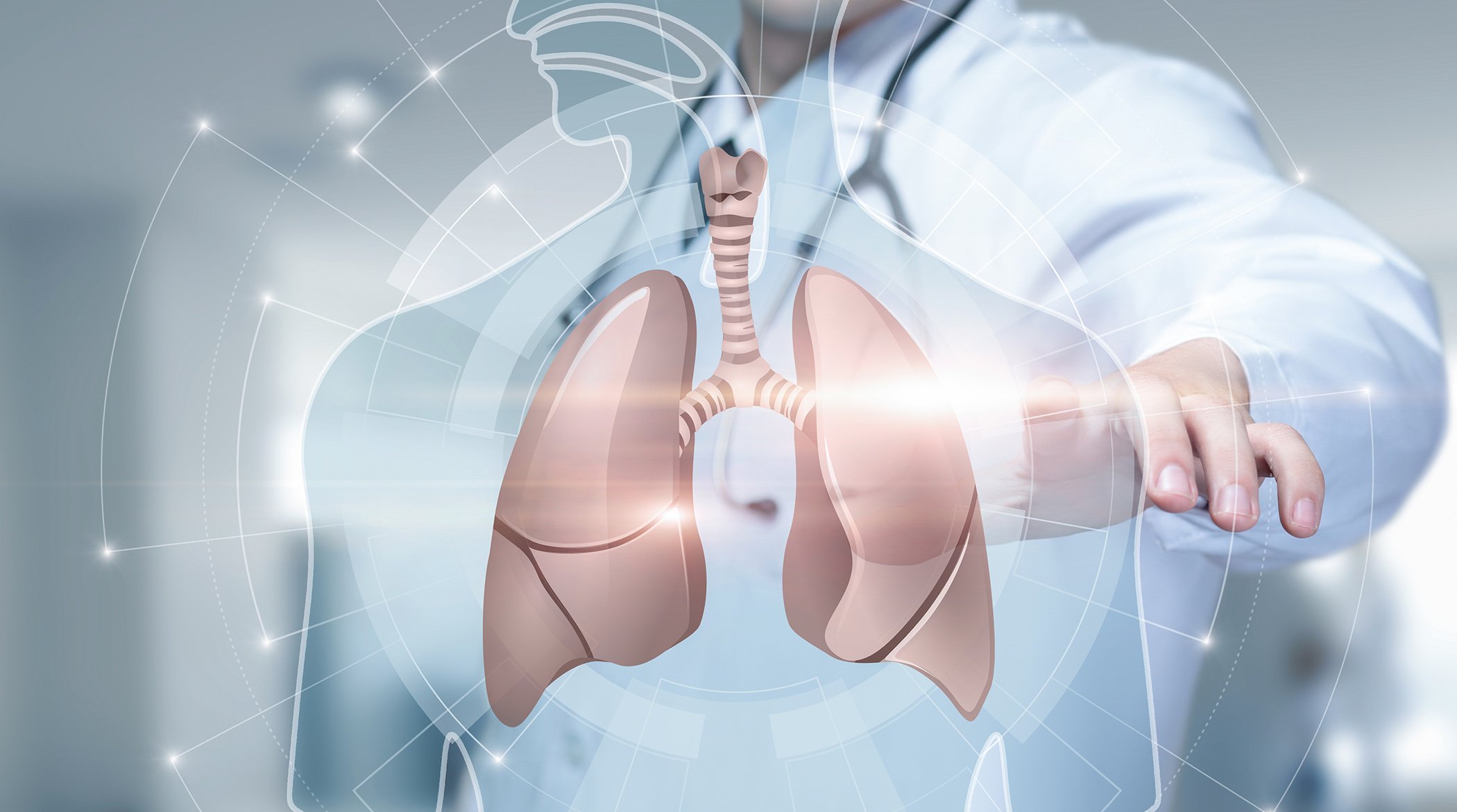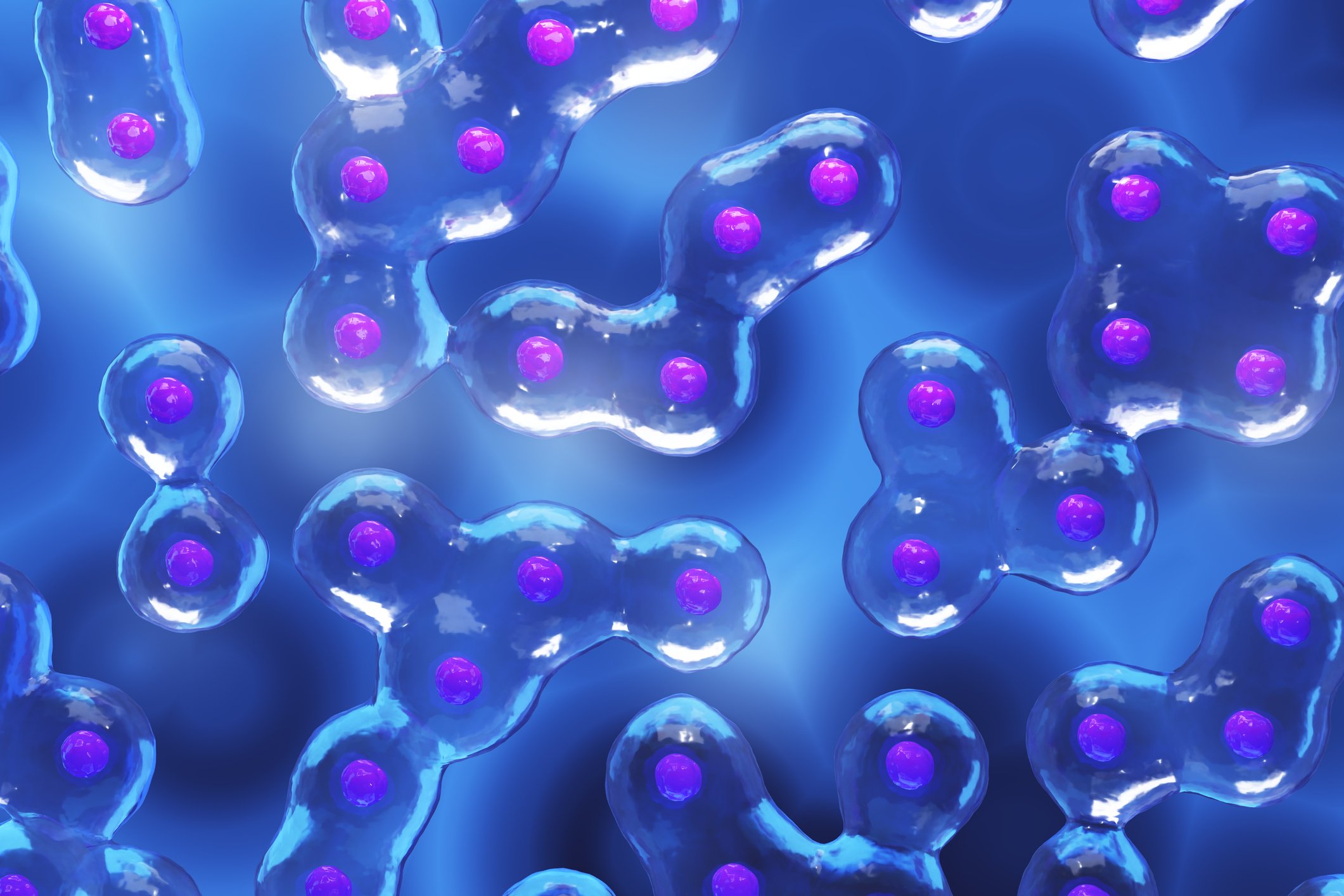Patients with MS should be educated early about potential and common bladder disorders. The problem awareness of treating physicians should be raised so that adequate diagnostics and therapy can be initiated in time and complications can be avoided. A gait disorder is suitable as an entry criterion for a urological workup. The goals of therapy for bladder dysfunction in MS are to ensure periodic and complete emptying of the bladder, treat or control overactive bladder/incontinence, protect the upper urinary tract, and prevent complications, especially urinary tract infections. Recurrent urinary tract infections in MS promote MS progression; thus, prevention of urinary tract infections means relapse or progression prevention.
Multiple sclerosis (MS) as a chronic inflammatory disease of the central nervous system is the most common neurological disease in young adulthood. The past decades have been characterized by an enormous increase in knowledge about the etiology and immunopathogenesis of the disease. These new findings culminated in now established immunologically oriented treatment options.
In addition to disturbances of motor function, cranial nerves, neuropsychological symptoms and pain, vegetative functional deficits such as urinary tract dysfunction or urinary incontinence particularly limit the quality of life of those affected. These disorders cause complications and negatively affect other symptoms of the disease, such as spasticity and fatigue.
Urinary tract symptoms: almost all MS patients affected
Urinary tract symptoms are already the initial symptom of the disease in 15% of those affected, and 80% have micturition problems in the course of the disease. After ten years of disease, almost all patients are affected by bladder dysfunction [1]. If gait disturbances are present, bladder dysfunction can be assumed. Urinary bladder dysfunction and urinary incontinence significantly reduce the quality of life of those affected. The symptoms of the underlying disease and the urinary tract function can influence and reinforce each other, such as the mutual reinforcement of bladder and limb spasticity.
Bladder dysfunction in early MS often manifests as urinary retention disorders, which can be grouped under the symptom complex of overactive bladder with or without accompanying urge incontinence. Bladder dysfunction in advanced MS increasingly manifests as combined storage and voiding dysfunction, with urinary retention adding to the symptoms of overactive bladder. In cases of bladder dysfunction that cannot be controlled conservatively in advanced MS and a functionally and morphologically decompensated urinary tract, it is not uncommon to ask whether and when urinary diversion is indicated.
Complications of disorders of the urinary tract
Lower and upper urinary tract complications of MS are common. Urinary tract infections occur regularly in about one-third of all patients, and the risk increases in correlation with the presence of residual urine, gender (42% in women vs. 17% in men), the presence of a permanent catheter, and high bladder pressure resulting from a hyperactive detrusor. Damage to the lower urinary tract such as bladder wall thickening, trabeculae, or diverticula occurs in up to 30% of patients.
The incidence of bladder cancer is also higher in MS than in the general population, especially with indwelling catheters and immunosuppression. The upper urinary tract may also be affected by complications: Upper urinary tract infections in 8% of patients, upper urinary tract dilatation in 8% of cases, vesicoureteral reflux in 5%, and urolithiasis in 2-11% [2]. The main risk factors for upper urinary tract complications are considered to be the duration of the disease, a lying indwelling catheter, uninhibited detrusor contractions of high amplitude or permanently high detrusor pressure. Secondary risk factors include detrusor-sphincter dyssynergia, age over 50 years, and male gender.
Pyramidal tract lesion and bladder disorder
Of note is the correlation of pyramidal tract lesion and bladder dysfunction in MS. A pyramidal tract lesion correlates with irritative urinary tract symptoms, urinary tract dysfunction, and urodynamic findings of hyperactive bladder and detrusor-sphincter dyssynergia. Morphologic damage to the lower and upper urinary tract is also associated with pyramidal tract [3–6].
A gait disorder in MS, which is often associated with a pyramidal tract lesion, is therefore suitable as an initial criterion for urological evaluation, and urologically asymptomatic patients can also be referred for urological evaluation. Assessment and treatment of MS-related bladder disorders are aimed at maintaining or restoring quality of life and preventing complications.
Initial clarifications and behavioral therapy
Urinary tract symptoms in MS often cause uncertainty in the neurologist regarding the necessary diagnosis and therapy. Prior to clarification and treatment, the level of suffering should be inquired about and the desire for therapy should be determined on an individual basis. The cornerstones of initial diagnostics are the drinking and micturition protocol including documentation of urinary incontinence episodes, urine diagnostics, sonography of the urinary tract and uroflowmetry with determination of residual urine.
Simple behavioral therapy measures form the basis of the therapy: these include adjusting the amount of drinking, micturition at fixed time intervals or when prompted by an assistant, and pelvic floor exercises that promote and maintain continence.
Further diagnostics
If behavioral training and symptomatic treatment do not lead to continence, or if surgical therapy is planned, further assessment including neurological-neurophysiological and urodynamic examination in a specialized center is recommended. Bladder dysfunction after paraplegia has a model character in the classification of dysfunction type according to the level of paralysis. However, in neurodegenerative diseases such as MS, urinary tract dysfunction presents as more complex and variable over time. However, the classification of urinary tract dysfunction also determines the strategy for restoring urine storage and emptying as physiologically as possible.
The neurological examination is used to assess the neurological deficit at mental, sensory and motor levels. Mental status includes aspects of attention, comprehension, orientation, memory, and activity; it is important for diagnostic clarification and the treatment options to be selected. The investigation of sensory functions includes the examination of relevant dermatomes with regard to the sensation of touch and pain. Loss of sensory function may indicate the level of a neurologic lesion. Motor status assesses muscle strength, muscle tone, abnormal muscle movements, and denervation signs.
The patient’s mobility is also important for therapy selection. The ability to contract and relax the urethral and anal sphincters voluntarily demonstrates normal motor innervation of the pelvic floor. In combination with examination of anal sphincter tone, the localization of the lesion can be concluded. Pelvic reflexes test the integrity of spinal cord segments, such as the bulbocavernosus reflex tests segments S2-4 and the pudendal nerve. An ice water provocation test at the beginning of the urodynamic examination allows detection of a neurological deficit at the spinal cord or suprapontine level.
Urodynamic examination
Based on the videourodynamic examination with the classification of the dysfunction into storage, emptying or combined storage and emptying dysfunction, the development of the therapeutic concept takes place. Urodynamic examination reveals normal findings in up to 34% of symptomatic patients. Common urodynamic observations include detrusor hyperactivity (65%), detrusor hypoactivity (25%), impaired compliance (2-10%), and detrusor-sphincter dyssynergia (35%). The combination of multiple urodynamic findings is common, such as detrusor hyperactivity and detrusor-sphincter dyssynergia in 43-80% of cases. Urodynamic findings change over time, with 55% of patients showing changes in bladder capacity, contractility, detrusor pressure, and compliance in repeated measurements. Detrusor-sphincter dyssynergia, on the other hand, usually remains constant at 60% [1].
Therapy goals
From a therapeutic point of view, the following goals arise:
- Ensure periodic and complete emptying of the bladder
- Treatment or control of overactive bladder/incontinence.
- Upper urinary tract protection
- Avoidance of complications, especially urinary tract infections, as recurrent urinary tract infections can promote progression of MS. Urinary tract infection prevention in MS thus also means relapse or progression prevention [7].
It is necessary to develop a practicable concept for each individual patient and to treat both components in the case of combined storage and emptying disorders.
Medication, catheterization, sacral neuromodulation or surgery.
For anticholinergic treatment of overactive bladder, interactions with existing medication should be considered and agents with no or only mild central nervous side effects (trospium chloride, darifenacin) should be preferred. Alternatively, beta-3 mimetics (Mirabregon) can be used. In case of insufficient effect or intolerance, injection of botulinum toxin into the detrusor can be considered [8]. Drug therapy for sphincter-related voiding dysfunction includes the use of alpha blockers (tamsulosin, alfuzosin) and antispasticity drugs (lioresal, dantrolene, tizanidine).
Method of choice for bladder voiding dysfunction and residual urine >50% of functional bladder capacity is intermittent self-catheterization. Patient-dependent prerequisites are motivation for the procedure, sufficient hand function and the necessary vision. Expert instruction, technique training and advice on catheter models and special aids by specially trained nursing experts are important factors for success. After successful learning, self-catheterization can facilitate bladder emptying for years without complications or infections. A very good quality of life can be achieved with this for both women and men. If self-catheterization is not possible, suprapubic vibratory stimulation may also be useful as a trigger for bladder emptying [9].
Sacral neuromodulation can be used for both urinary storage and voiding disorders. Patients with urge symptoms and urge incontinence and with urinary retention in detrusor-sphincter dyssynergia should be offered this method [10,11]. In advanced MS with a functionally as well as morphologically decompensated urinary tract, surgical procedures such as bladder augmentation [12] or urinary diversion may be considered [13,14].
Literature:
- Litwiller SE, Frohman EM, Zimmern PE: Multiple sclerosis and the urologist. J Urol 1999; 161(3): 743-757.
- de Seze M, et al: The neurogenic bladder in multiple sclerosis: review of the literature and proposal of management guidelines. Mult Scler 2007; 13(7): 915-928.
- Zachoval R, et al: [Association between neurologic involvement and lower urinary tract dysfunction and their symptoms in patients with multiple sclerosis]. Progres en urologie : journal de l’Association francaise d’urologie et de la Societe francaise d’urologie 2003; 13(2): 246-251.
- Giannantoni A, et al: Urological dysfunctions and upper urinary tract involvement in multiple sclerosis patients. Neurourol Urodyn 1998; 17(2): 89-98.
- Betts CD, et al: Urinary symptoms and the neurological features of bladder dysfunction in multiple sclerosis. J of neurology, neurosurgery, and psychiatry 1993; 56(3): 245-250.
- Awad SA, et al: Relationship between neurological and urological status in patients with multiple sclerosis. J Urol 1984; 132(3): 499-502.
- Metz LM, et al: Urinary tract infections may trigger relapse in multiple sclerosis. Axone 1998; 19(4): 67-70.
- Mehnert U, et al: The effect of botulinum toxin type a on overactive bladder symptoms in patients with multiple sclerosis: a pilot study. J Urol 2010; 184(3): 1011-1016.
- Medaer R, Kovacs L: Vibration-assisted bladder emptying in multiple sclerosis. Lancet 1978; 1(8067): 768-769.
- Minardi D, Muzzonigro G: Sacral neuromodulation in patients with multiple sclerosis. World J Urol 2012; 30(1): 123-128.
- Marinkovic SP, Gillen LM: Sacral neuromodulation for multiple sclerosis patients with urinary retention and clean intermittent catheterization. International Urogynecology J 2010; 21(2): 223-228.
- Zachoval R, et al: Augmentation cystoplasty in patients with multiple sclerosis. Urologia internationalis 2003; 70(1): 21-26; discussion 26.
- DeLong J, Tighiouart H, Stoffel J: Urinary diversion/reconstruction for cases of catheter intolerant secondary progressive multiple sclerosis with refractory urinary symptoms. J Urol 2011; 185(6): 2201-2206.
- Desmond AD, Shuttleworth KE: The results of urinary diversion in multiple sclerosis. Br J Urol 1977; 49(6): 495-502.
InFo NEUROLOGY & PSYCHIATRY 2016; 14(1): 12-14.

